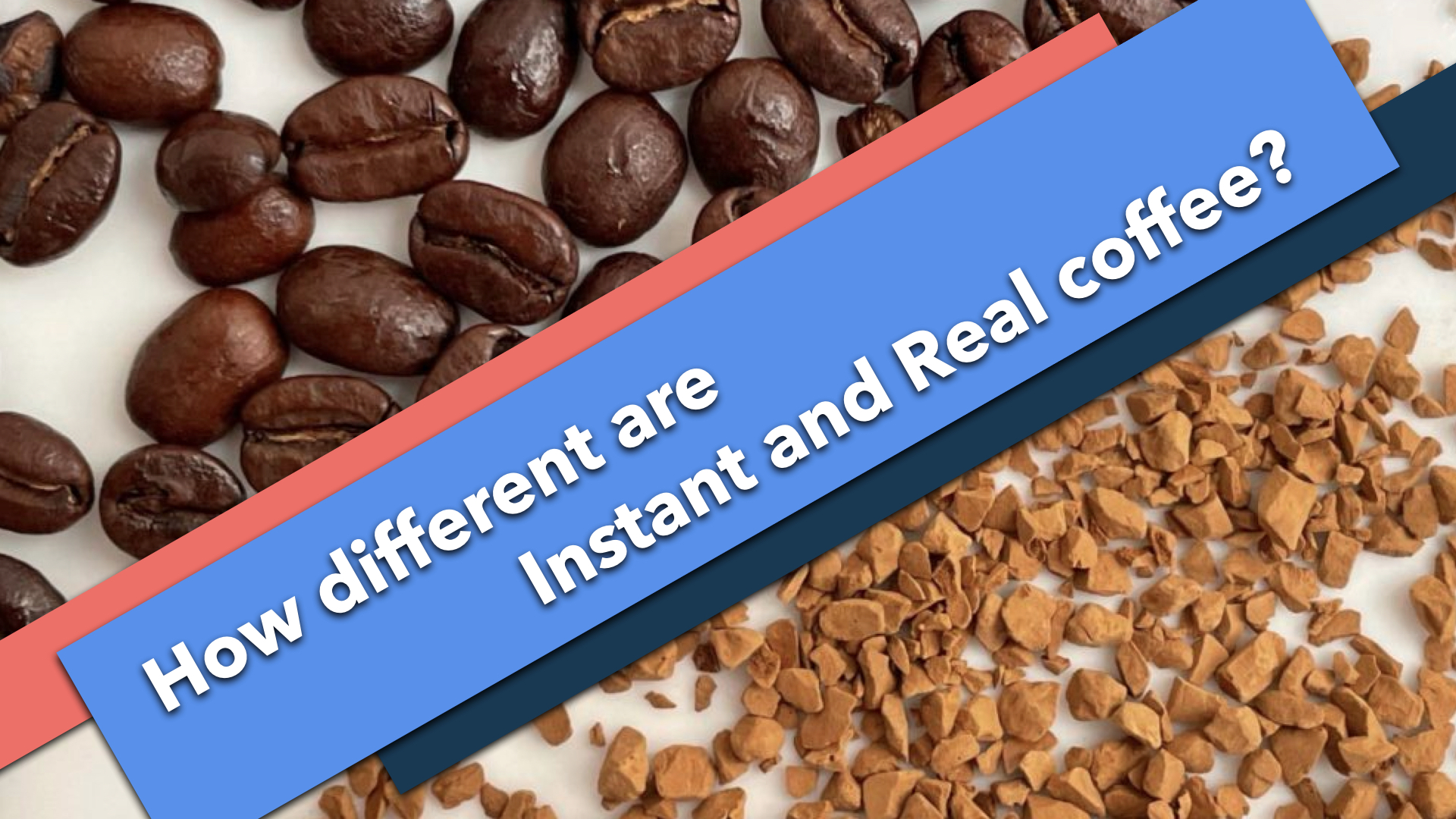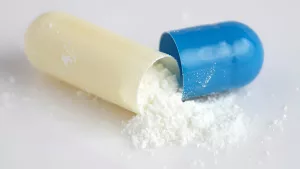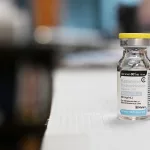Instant coffee is widely consumed across many parts of the globe.
In some nations it may represent over half of all coffee intake.
Compared with brewed coffee, instant varieties are quicker, more economical, and simpler to prepare.
You might be aware that regular coffee is associated with numerous health advantages, and you may be curious whether instant coffee offers similar benefits.
This article covers everything you need to know about instant coffee and its effects on health.

Instant coffee is produced from concentrated coffee extract that has been dried.
Like brewed coffee, the extract is obtained by steeping ground coffee beans, although the brew used for instant coffee is more concentrated.
After brewing, the water is removed, yielding dried granules or powder that dissolve when rehydrated with water.
There are two primary methods for manufacturing instant coffee:
- Spray-drying. Coffee extract is atomized into hot air, which rapidly dries the droplets into a fine powder or tiny granules.
- Freeze-drying. The extract is frozen, broken into fragments, and then dried slowly at low temperature under vacuum.
Both techniques retain the coffee’s quality, aroma, and flavor.
The usual method to make instant coffee is to stir one teaspoon of powder into a cup of hot water.
You can easily modify the strength by using more or less powder.
SummaryInstant coffee is made from brewed coffee with the water removed. To prepare it, mix one teaspoon of powder into a cup of warm water.
Coffee is the largest source of antioxidants in the modern diet.
Its antioxidant richness is thought to underlie many of its health-promoting effects.
Instant coffee, like regular coffee, supplies numerous potent antioxidants.
One study suggests instant coffee might even have higher levels of specific antioxidants compared with some other brews, likely due to its processing.
Additionally, a standard cup of instant coffee contains only about 7 calories and modest amounts of potassium, magnesium, and niacin (vitamin B3).
SummaryInstant coffee is rich in antioxidants and may contain greater amounts of certain antioxidants than other coffee types.
Caffeine is the world’s most widely used stimulant, and coffee is its main dietary source.
Instant coffee typically has slightly less caffeine than brewed coffee.
A cup made with one teaspoon of instant coffee may contain roughly 30–90 mg of caffeine, while a cup of regular coffee generally provides 70–140 mg (, , , 17).
Because individuals vary in caffeine sensitivity, instant coffee can be a preferable option for people aiming to reduce caffeine intake.
Instant varieties are also offered in decaffeinated forms, which contain minimal caffeine.
Excessive caffeine intake can lead to anxiety, sleep disturbances, jitteriness, stomach upset, tremors, and rapid heartbeat.
SummaryA cup of instant coffee made with one teaspoon of powder usually supplies 30–90 mg of caffeine, whereas regular coffee provides about 70–140 mg per cup.
Acrylamide is a potentially harmful compound formed when coffee beans are roasted.
This substance is also present in many foods, smoke, household products, and personal care items.
Interestingly, instant coffee can contain up to twice the acrylamide levels found in freshly roasted coffee.
High exposure to acrylamide may harm the nervous system and is linked to increased cancer risk.
However, the amounts of acrylamide consumed through diet and coffee are far below levels shown to cause harm (26, ).
Thus, drinking instant coffee is not considered a significant acrylamide-related concern.
SummaryInstant coffee can have up to twice as much acrylamide as regular coffee, yet these levels remain lower than those deemed hazardous.
Coffee consumption has been associated with a variety of health benefits.
Since instant coffee contains many of the same antioxidants and nutrients as brewed coffee, it is likely to confer many of the same health effects.
Regularly drinking instant coffee may:
- Improve brain function. Its caffeine content can enhance cognitive performance.
- Increase metabolism. Caffeine may raise metabolic rate and promote greater fat burning.
- Lower disease risk. Coffee consumption may be linked to reduced odds of neurodegenerative disorders like Alzheimer’s and Parkinson’s.
- Reduce diabetes risk. Coffee intake has been associated with a lower risk of type 2 diabetes.
- Support liver health. Coffee and caffeine might lower the risk of liver conditions such as cirrhosis and liver cancer.
- Benefit mental health. Coffee may be associated with decreased risk of depression and suicide.
- Promote longevity. Drinking coffee has been linked to longer lifespan.
Keep in mind that many of these findings come from observational research.
Such studies cannot prove that coffee directly causes a lower disease risk — only that habitual coffee drinkers are less likely to develop certain conditions.
If you’re wondering about an optimal intake, consuming around 3–5 cups of instant coffee daily has often been associated with the greatest risk reductions in studies.
SummaryInstant coffee provides many of the same health advantages as regular coffee, including potential reductions in the risk of type 2 diabetes and liver disease.
Instant coffee is convenient, quick, and doesn’t require brewing equipment. It stores well and is cheaper than regular coffee.
For these reasons it’s especially useful when traveling or when you need a fast cup.
Instant coffee has slightly less caffeine and somewhat higher acrylamide levels than brewed coffee, but it retains most of the same antioxidants.
Overall, instant coffee is a healthy, low-calorie drink that appears to offer comparable health benefits to other coffee types.

























Leave a Reply
You must be logged in to post a comment.